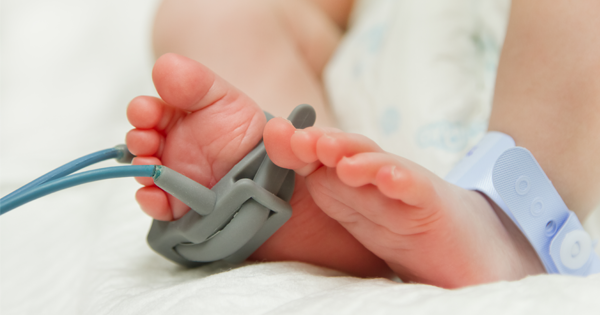The most famous form of staph infection is MRSA, or methicillin-resistant Staphylococcus aureus, which is resistant to antobiotics.
The fact that it’s resistant is scary, but even the drug-sensitive form of the infection can be serious to many humans, most especially infants.
Many humans carry Staph bacteria on their skin or in the nose of healthy adults. It’s harmless when it’s there, but begins to become a problem when the bacteria spreads to the lungs, blood, or heart.
However, a new study shows that even MMSA (methicillin-sensitive Staphylococcus aureus), can be dangerous, even lethal, to infants and newborns.
About 5,000 babies every year contract severe staph infections, and ten percent of those babies die from MMSA. This is only two percent less than the number of babies who die from MRSA, and MMSA is twice as common among babies.
Senior investigator Aaron Milstone said in a statement: “If not detected and treated early, invasive bloodstream infections with garden-variety staph can wreak just as much damage on a newborn’s body as antibiotic-resistant forms.”
The study says that an infant’s likeliness for picking up a staph infection also depends on how the baby is delivered. Babies, like all humans, pick up a lot of bacteria upon birth, which helps their immune system. This is called their microbiome, and it varies depending on the method of delivery.
Babies acquire a diverse microbiome if they’re born naturally, which is great at protecting babies from infection. Those babies delivered via C-section acquire more bacteria that’s found on hospitals, which includes more harmful bacteria like staph.
Is this the key to why babies delivered via C-section get more staph? More studies are needed, but the authors hope the study encourages doctors to scan for regular staph in babies, not just antibiotic-resistant strains.





